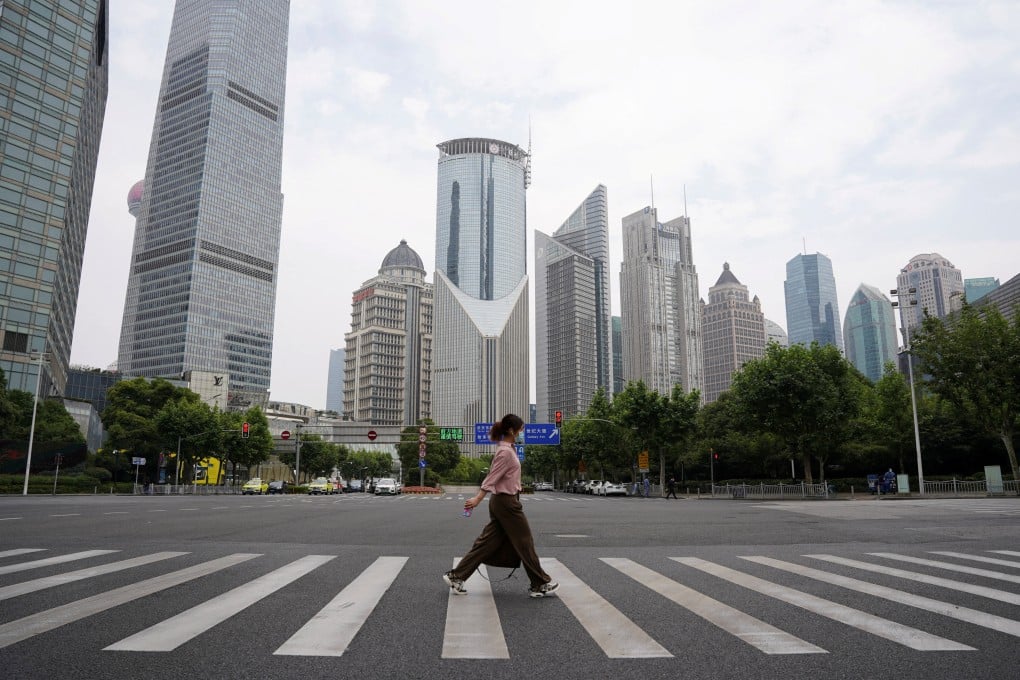Tech war: Shanghai wants to be an industrial hub of the future as US chip restrictions escalate
- Under a new guideline, Shanghai aims to groom innovative enterprises and talent in health, smart tech, energy and other hi-tech industries
- The Chinese semiconductor capital has been struggling under draconian Covid-19 controls and growing US export restrictions

Under a guideline published by the Shanghai government on Tuesday, the city aims to groom innovative enterprises and talent in areas including health, smart technology, energy and materials. By 2030, the city wants to be home to 1,000 hi-tech enterprises with a combined production output of 500 billion yuan (US$70 billion).
Shanghai, the country’s financial and business capital, has unexpectedly emerged as a high-end manufacturing base in recent years thanks to generous policy support. The city is currently China’s largest chip producer, contributing a quarter of the national semiconductor value output, as well as 40 per cent of chip talent last year.
A fresh wave of coronavirus outbreaks since last week has prompted local officials to conduct mass testing and put thousands of people under quarantine, stoking bad memories of Shanghai’s citywide lockdown in April and May.
